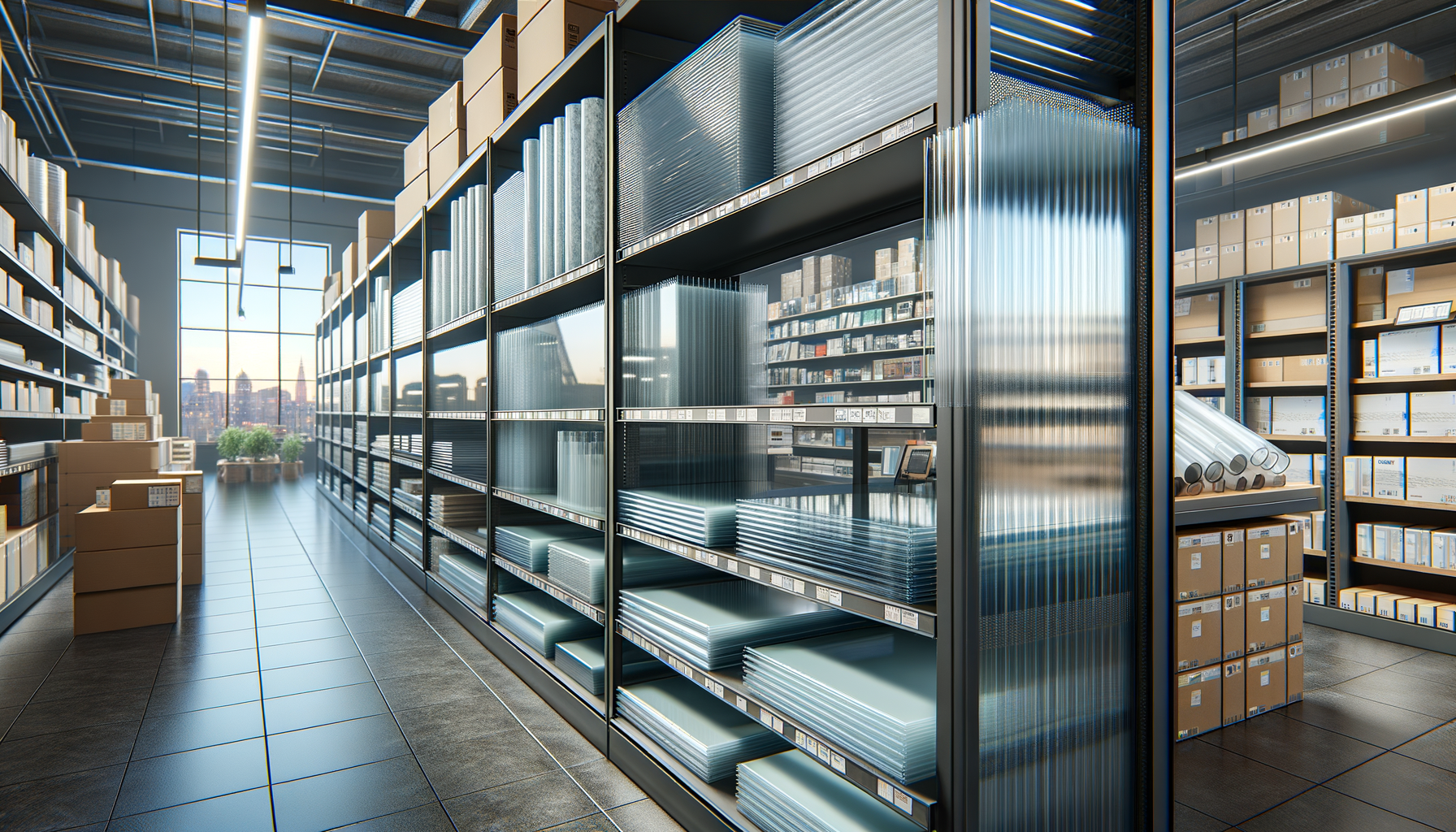Understanding Polycarbonate Sheets
Polycarbonate sheets are a type of thermoplastic polymer that is widely used in various industries due to their exceptional durability and versatility. These sheets are known for their high impact resistance, transparency, and lightweight nature, making them a popular choice for a variety of applications. Unlike glass, polycarbonate sheets are virtually unbreakable, providing safety and longevity in environments where these factors are critical. They are also resistant to temperature fluctuations, which adds to their appeal in construction and industrial settings.
One of the key features of polycarbonate sheets is their ability to transmit light while providing UV protection. This makes them ideal for roofing applications, greenhouses, and skylights, where natural light is desired without the harmful effects of UV rays. Additionally, polycarbonate sheets can be easily cut and shaped, allowing for customization in design and installation.
Polycarbonate sheets come in various thicknesses and sizes, catering to different needs and budgets. Their versatility extends to a range of industries, including construction, automotive, and electronics, where they are used for applications such as machine guards, safety goggles, and electronic displays. The combination of strength, clarity, and adaptability makes polycarbonate sheets a valuable material in modern manufacturing and design.
Applications of Polycarbonate Sheets
Polycarbonate sheets are used in a wide array of applications due to their unique properties. In the construction industry, they are commonly used for roofing and glazing. Their high impact resistance and ability to withstand harsh weather conditions make them a preferred choice for outdoor applications. For instance, polycarbonate sheets are often used in greenhouses, where they provide the necessary insulation and light transmission for plant growth.
In addition to construction, polycarbonate sheets are utilized in the automotive industry for manufacturing headlamp lenses and interior components. Their lightweight nature contributes to fuel efficiency, while their durability ensures longevity and safety. Furthermore, polycarbonate sheets are used in the production of eyewear lenses, providing clarity and protection against UV rays.
The versatility of polycarbonate sheets extends to the electronics industry, where they are used for creating durable and transparent casings for gadgets and appliances. Their ability to withstand high temperatures and impacts makes them ideal for protective covers and screens. The adaptability and resilience of polycarbonate sheets continue to drive innovation across various sectors, making them an indispensable material in modern engineering and design.
Comparing Polycarbonate Sheets to Other Materials
When selecting materials for construction or manufacturing, it’s essential to compare the properties of polycarbonate sheets with other options. Glass, for instance, is often compared to polycarbonate due to its transparency. However, polycarbonate sheets offer significantly higher impact resistance, making them a safer and more durable choice for applications where breakage is a concern.
Compared to acrylic, another popular plastic, polycarbonate sheets provide superior impact resistance and temperature tolerance. While acrylic may offer better optical clarity, polycarbonate’s strength and flexibility make it more suitable for demanding environments. Additionally, polycarbonate is less prone to cracking under stress, which enhances its longevity in outdoor applications.
In terms of cost, polycarbonate sheets may be more expensive than some alternatives, but their durability and versatility often justify the investment. The long-term savings in maintenance and replacement costs, coupled with their performance benefits, make polycarbonate sheets a cost-effective solution for many projects. Understanding these comparisons helps in making informed decisions when choosing materials for specific applications.
Cost Considerations for Polycarbonate Sheets
The cost of polycarbonate sheets can vary significantly based on several factors, including thickness, quality, and additional features such as UV protection. In Canada, prices typically range from $1.20 to $6 per square foot. Thicker sheets generally cost more due to the increased material usage and enhanced durability they offer.
Investing in higher-quality polycarbonate sheets with UV protection can be beneficial for outdoor applications, as they provide better resistance to weathering and prolonged exposure to sunlight. This can lead to long-term savings by reducing the need for frequent replacements or repairs.
When budgeting for polycarbonate sheets, it’s important to consider the specific requirements of the project. For instance, applications that demand high impact resistance or thermal insulation may justify the higher cost of premium-grade sheets. Additionally, purchasing in bulk or through wholesale suppliers can often result in cost savings, making it a viable option for large-scale projects.
Conclusion: Choosing Polycarbonate Sheets for Your Needs
Polycarbonate sheets stand out as a versatile and durable material suitable for a wide range of applications. Their unique properties, including high impact resistance, UV protection, and lightweight nature, make them an excellent choice for both indoor and outdoor uses. Whether you’re in construction, automotive, or electronics, polycarbonate sheets offer solutions that balance performance with cost-effectiveness.
When considering polycarbonate sheets for your project, it’s crucial to evaluate the specific requirements and environmental conditions to select the appropriate type and thickness. Investing in quality materials can lead to long-term benefits, ensuring safety, durability, and efficiency. As industries continue to innovate, polycarbonate sheets remain a reliable and adaptable option, meeting the evolving demands of modern engineering and design.



Leave a Reply